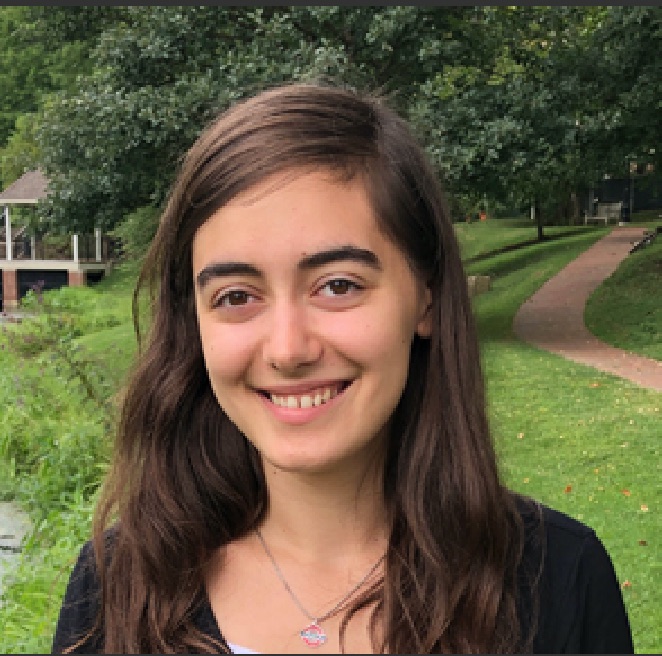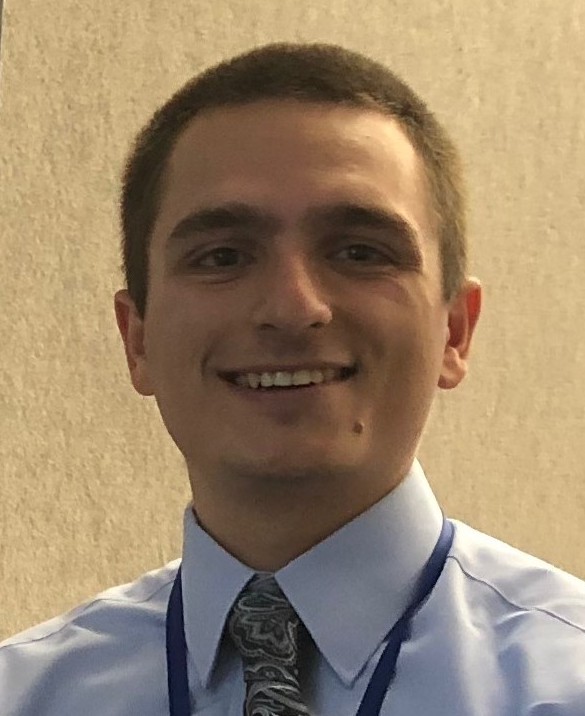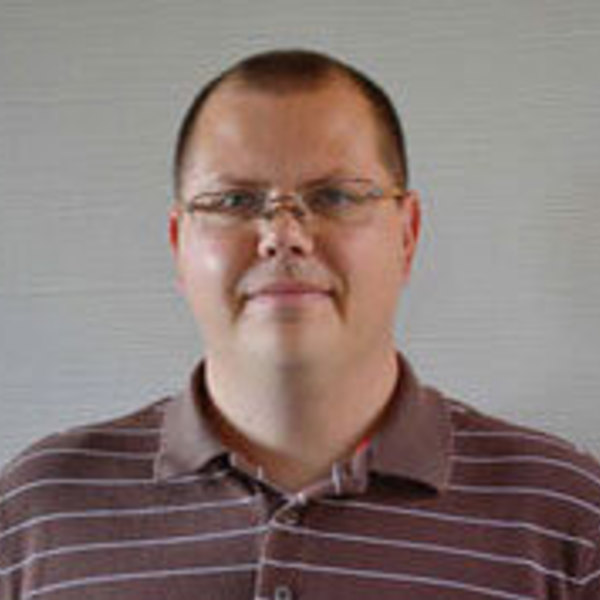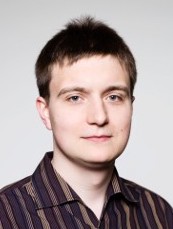BAND Members, Collaborators, and Advisory Board
Jump to: Senior Investigators BAND Researchers Graduate Students Undergraduate Students Collaborators Advisory Board BAND Alumni
BAND Leader
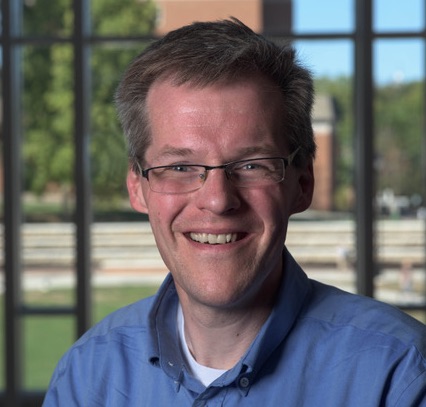
Daniel Phillips
Professor of Physics & Astronomy, Ohio University
email: phillid1@ohio.edu
Dr. Phillips has been applying Bayesian methods to nuclear-physics problems for more than ten years. He is particularly interested in using Bayesian methods to quantify the uncertainty in effective field theory (EFT) treatments of nuclear physics. Together with Dick Furnstahl he founded the BUQEYE collaboration, which aims to use statistical tools to answer fundamental problems in the construction and application of EFTs, with particular attention to low-energy nuclear physics. This includes Bayesian parameter estimation, model checking, model selection, and experimental design. Phillips is the Principal Investigator of the BAND collaboration.
Senior Investigators
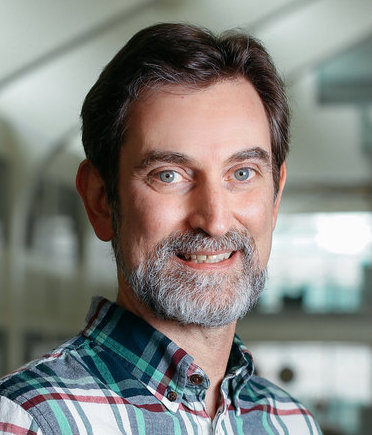
Dick Furnstahl
Professor of Physics, The Ohio State University
email: furnstahl.1@osu.edu
Dr. Furnstahl is a theoretical nuclear physicist specializing in the application of effective field theory (EFT) and renormalization group methods to low-energy nuclear structure and reactions. He has been applying Bayesian methods to nuclear-physics problems for many years. Together with Daniel Phillips he founded the BUQEYE collaboration, which aims to use statistical tools to answer fundamental problems in the construction and application of EFTs, with particular attention to low-energy nuclear physics. This includes Bayesian parameter estimation, model checking, model selection, and experimental design.
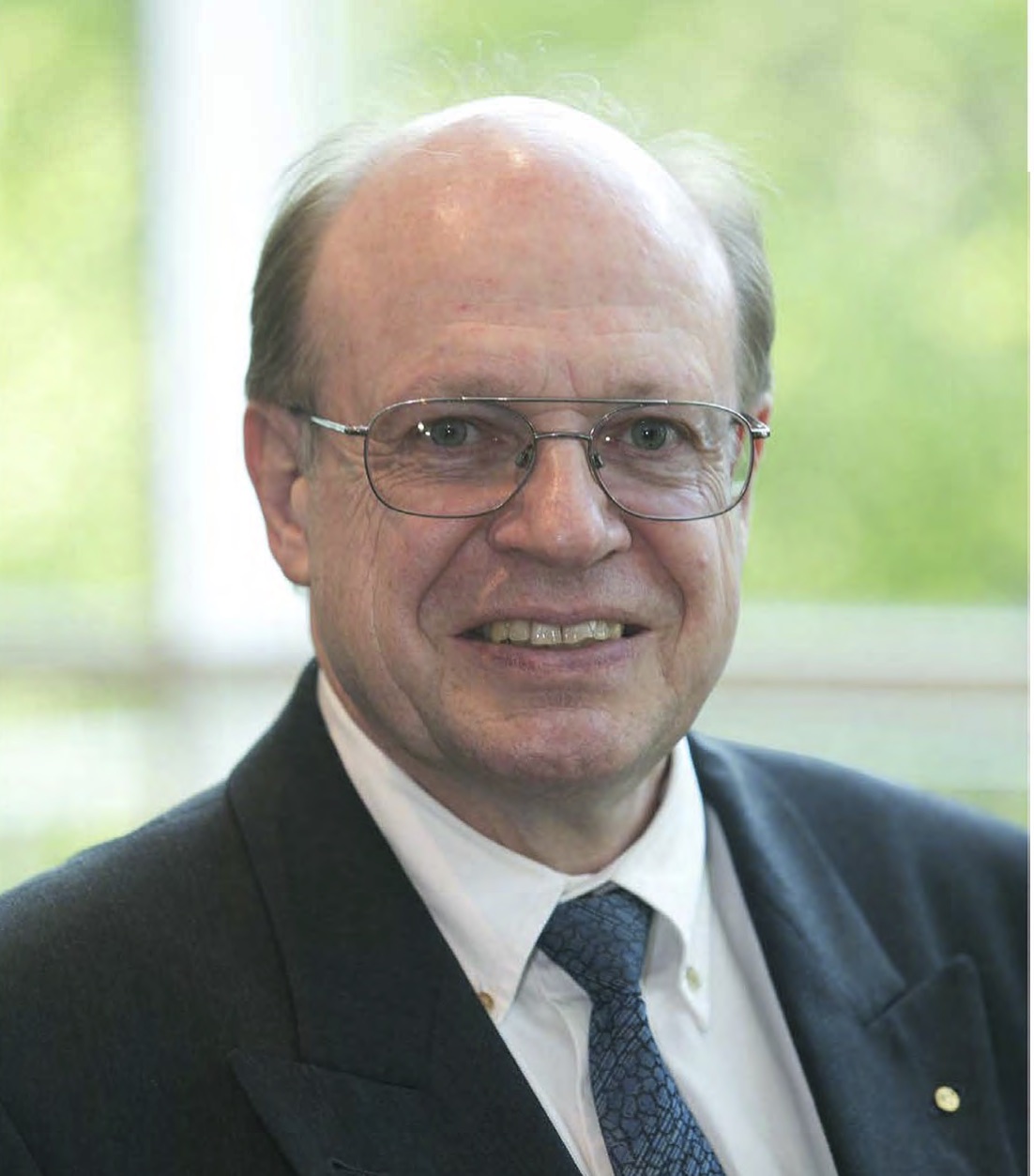
Ulrich Heinz
Distinguished University Professor of Physics,
The Ohio State University
email: heinz.9@osu.edu
Dr. Heinz has been applying Bayesian methods for years to the calibration of large numerical models for the dynamical evolution of highly excited forms of nuclear matter created in ultra-relativistic heavy-ion collisions. His interests focus in particular on the quantitative extraction of information on the initial state and medium properties of quark-gluon plasma produced in such collisions. Within BAND he hopes to achieve unprecedented predictive power through full theoretical and experimental uncertainty quantification on quark-gluon plasma properties.
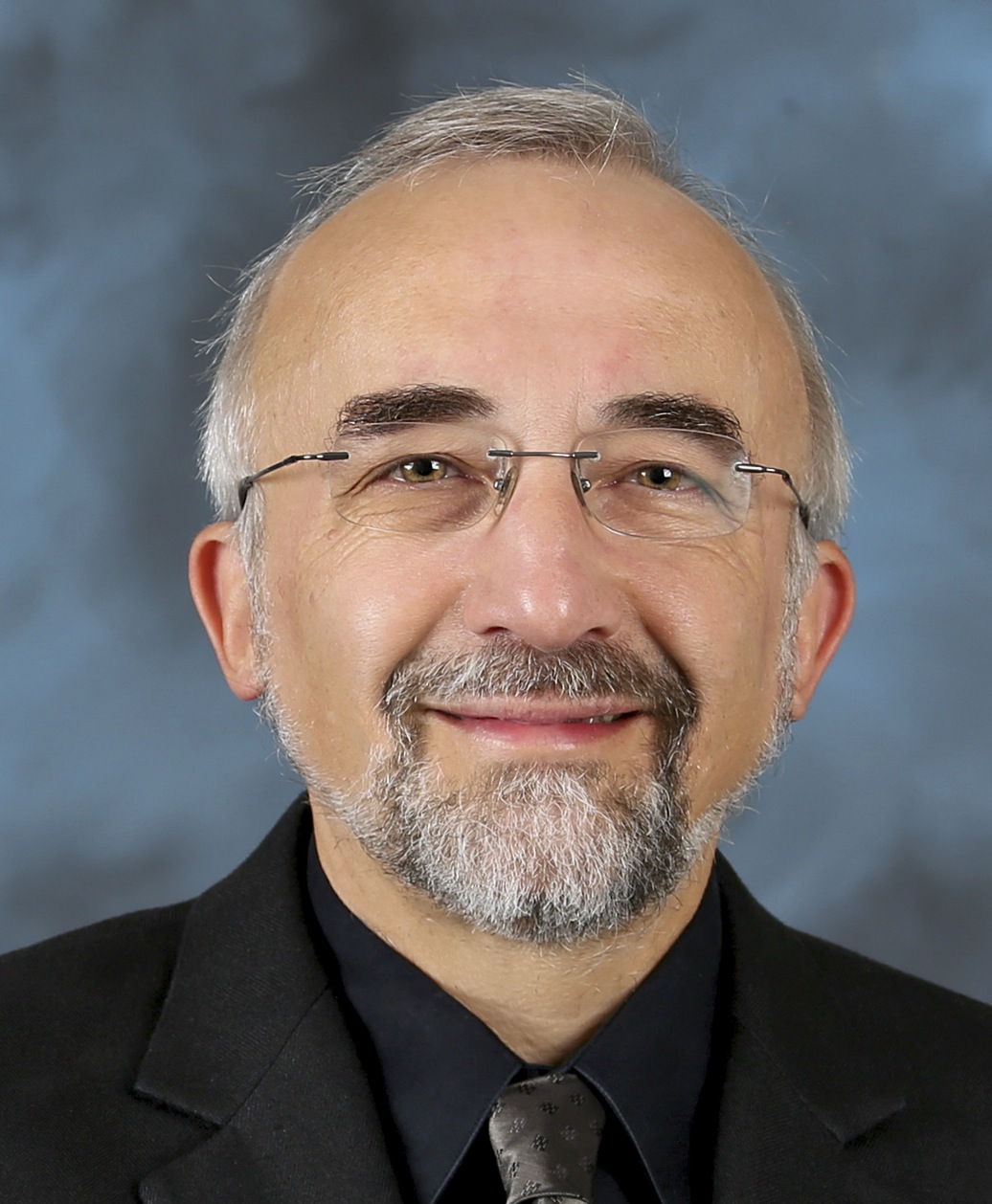
Witek Nazarewicz
FRIB Chief Scientist and Hannah Distinguished Professor, Michigan State University
email: witek@frib.msu.edu
Dr. Nazarewicz is a nuclear theorist. His research invites a strong interaction between nuclear physics, many-body problem, high-performance computing, and statistics. He has been applying statistical methods of uncertainty quantification to nuclear-physics problems for more than ten years. Most of his statistical work pertains to nuclear density functional theory. It includes various applications of parameter estimation, principal component analysis, correlation analysis, Bayesian model calibration, and model averaging and mixing - especially in the context of the science program of the Facility for Rare Isotope Beams at MSU. He is particularly interested in using Bayesian model averaging and model mixing to quantify the uncertainty of nuclear models extrapolations.
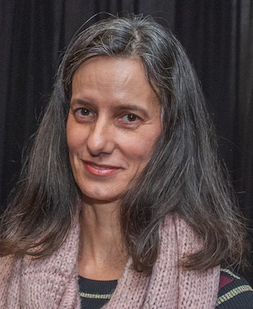
Filomena Nunes
Professor of Physics and FRIB Theory Alliance Managing Director, Michigan State University
email: nunes@frib.msu.edu
Dr. Nunes is interested in using reactions to address big questions in our field, such as where are the limits of stability, how does matter organize itself and where did heavy matter come from? While some of her work focuses on developing models for reactions with exotic unstable nuclei, another important theme relates to uncertainty quantification, model comparison and experimental design. The few-body methods used rely on effective potentials between constituents that are not well known and thus are the main source of uncertainty in current reaction models. Her group uses Bayesian statistical tools to quantify the uncertainty of the model predictions, to discriminate between models and help in identifying the optimum conditions for an experiment. More details at people.nscl.msu.edu/~nunes
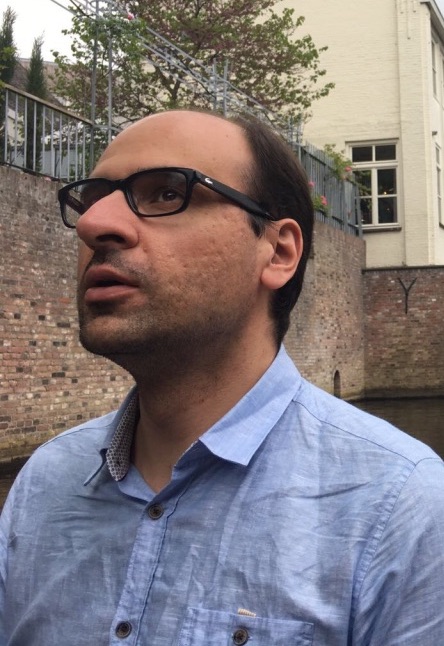
Matt Pratola
Associate Professor of Statistics,
The Ohio State University
email: mpratola@stat.osu.edu
Dr. Pratola’s research program is focused on two areas of statistical methodology: (1) statistical models and methodology for calibrating complex simulation models to real-world observations for parameter estimation, prediction and uncertainty quantification; and (2) statistical models and methodology for computationally scalable and flexible Bayesian non-parametric regression models for high-dimensional “big data” and parallel computation. His work is motivated by applied collaborations and has worked with researchers at the National Center for Atmospheric Research, Los Alamos National Laboratories, the Biocomplexity Institute of Virginia Tech, King Abdullah University of Science and Technology and the JADS Institute. You can follow his research at www.matthewpratola.com or on twitter @MattPratola.
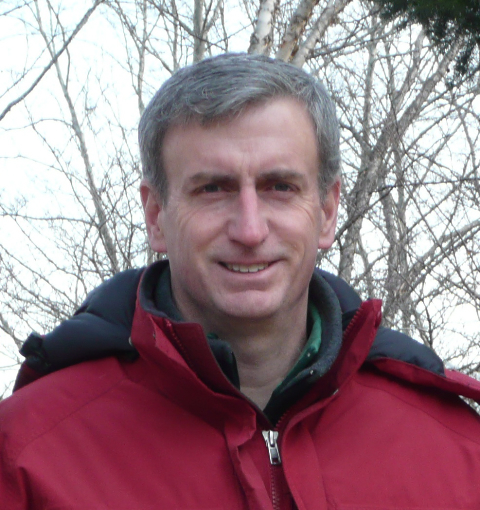
Scott Pratt
Professor, Theoretical Nuclear Physics, National Superconducting Cyclotron Laboratory,
Michigan State University
email: prattsc@msu.edu
Dr. Pratt is a theoretical nuclear physicist specializing in the theory, phenomenology and modeling of relativistic heavy-ion collisions. The main goal of Dr. Pratt’s research is to extract bulk properties of the quark-gluon plasma (QGP) by advancing theory and modeling, and comparing models to data from the Relativistic Heavy Ion Collider at Brookhaven National Lab and from the heavy ion program at the LHC. To that end, he has spearheaded efforts to develop strategies involving model emulators based on Bayesian statistics to constrain fundamental properties of the QGP, such as the equation of state, from experiment.
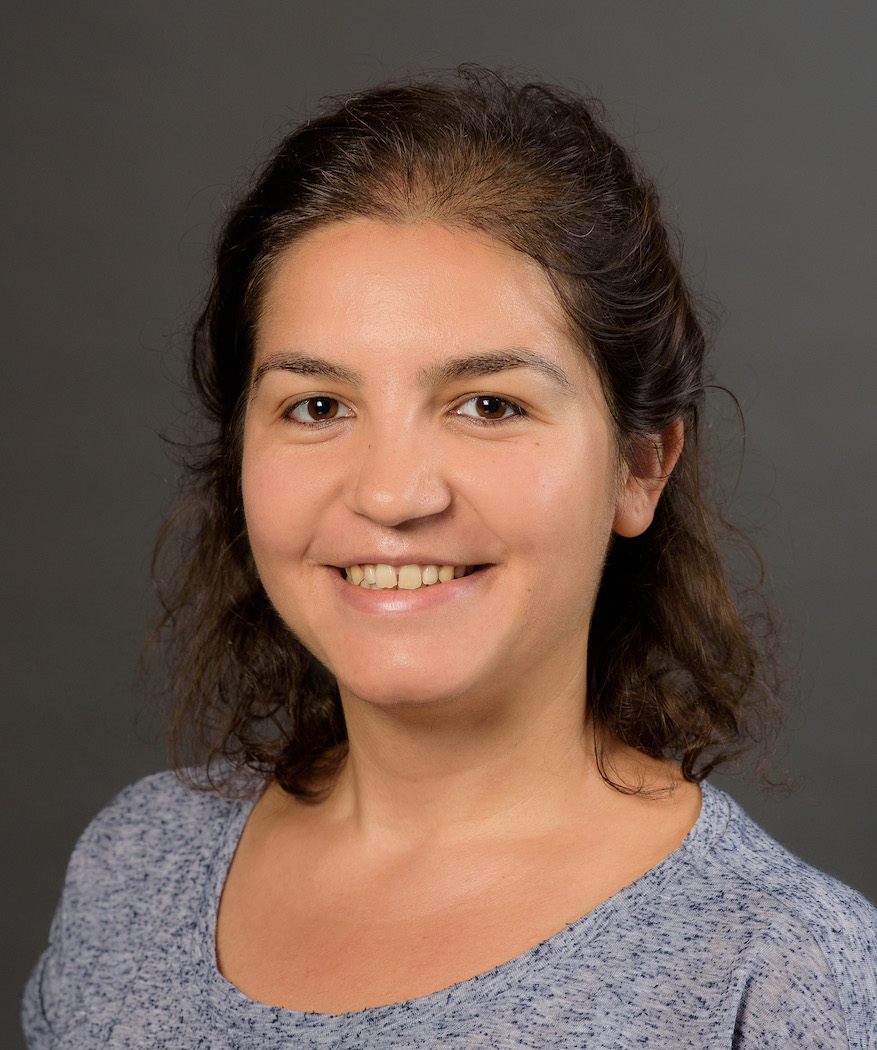
Özge Sürer
Assistant Professor of Analytics,
Miami University
email: surero@miamioh.edu
Dr. Sürer’s research interests are to develop approaches encompassing statistical learning, data analytics, and optimization to address data-related problems in different domains such as healthcare and nuclear physics. In BAND, she develops tools and techniques relying on Bayesian statistical learning to predict the future behavior of physical systems with well-quantified uncertainties. She is also passionate about producing open source scientific software. You can follow her research at https://ozgesurer.github.io or on twitter @ozgesrr.
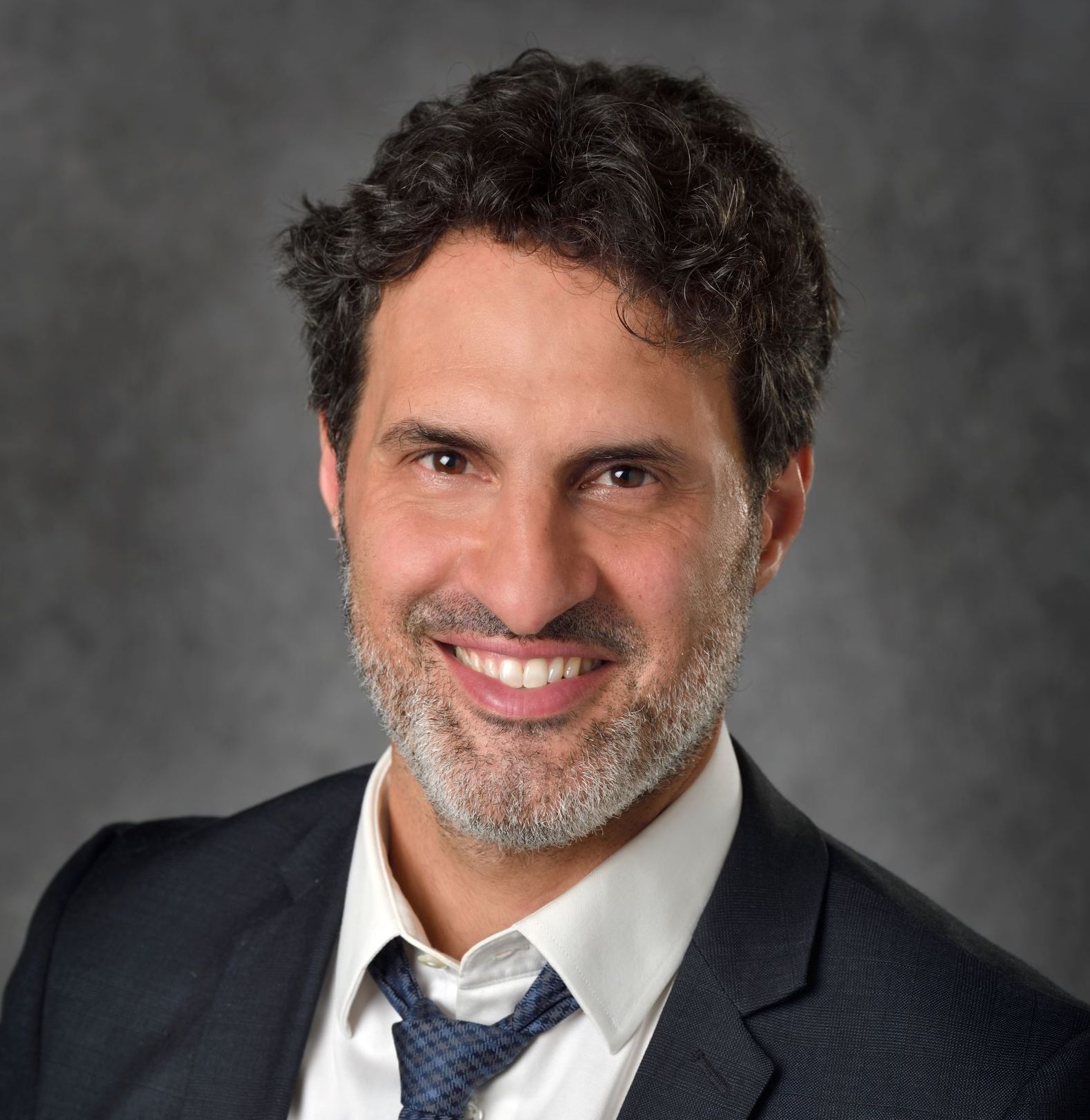
Frederi Viens
Professor of Statistics & Probability,
Michigan State University; Professor of Statistics,
Rice University.
email: <viens@msu.edu viens@rice.edu>
Dr. Viens’s core training is in probability theory and stochastic processes. He has been applying Bayesian methods to many areas of science for more than twenty years, from climate science, to agricultural economics, and to quantitative finance. In nuclear physics, he is particularly interested in using Bayesian methods to assess the efficiency and honesty of uncertainty quantification for extrapolating measurables in the nuclear landscape, and to develop more efficient numerical implementations. Together with his MSU BAND colleagues, he is working on systematic principles for Bayesian model mixing in the presence of varied nuclear models, where improved predictive power is the goal. He is also interested in orienting his BAND collaborators towards a data-informed framework of optimal experimental design based on experiment costs, likelihood of discovery, impact of discovery, and risk preferences. In his roles at MSU, Dr. Viens has helped operate and direct several educational and research programs related to data science, including Actuarial Science, and Risk Analytics, the Data Science MS program, the Center for Statistical Training and Consulting, and the Statistics department. Viens is the lead co-PI at MSU for the BAND collaboration. At Rice University, he pursues his varied other research interests, including stochastic analysis, financial mathematics, and applied statistics in agro-ecology and paleoclimatology.
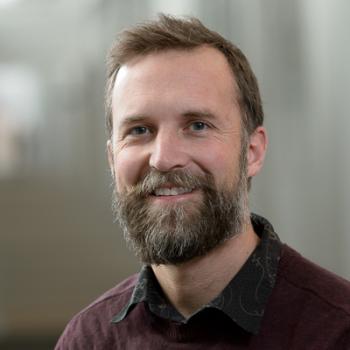
Stefan Wild
Director, Applied Mathematics and Computational Research Division, Lawrence Berkeley National Laboratory; Senior Fellow, Northwestern University
email: stefanwild@northwestern.edu
Dr. Wild is a computational mathematician whose primary research focus is developing surrogate-model-based algorithms and software for challenging numerical optimization problems. He applies these techniques for data analysis, machine learning, and the solution of nonlinear inverse and model calibration problems. In BAND, he is especially interested in the interplay among numerical optimization, Bayesian statistics, and computationally expensive simulations of nuclei. Wild is the co-director for mathematics and computer science of the NUCLEI collaboration, is an adjunct in Northwestern’s IEMS, and enjoys working on emerging open-source software for practical optimization.
BAND Researchers
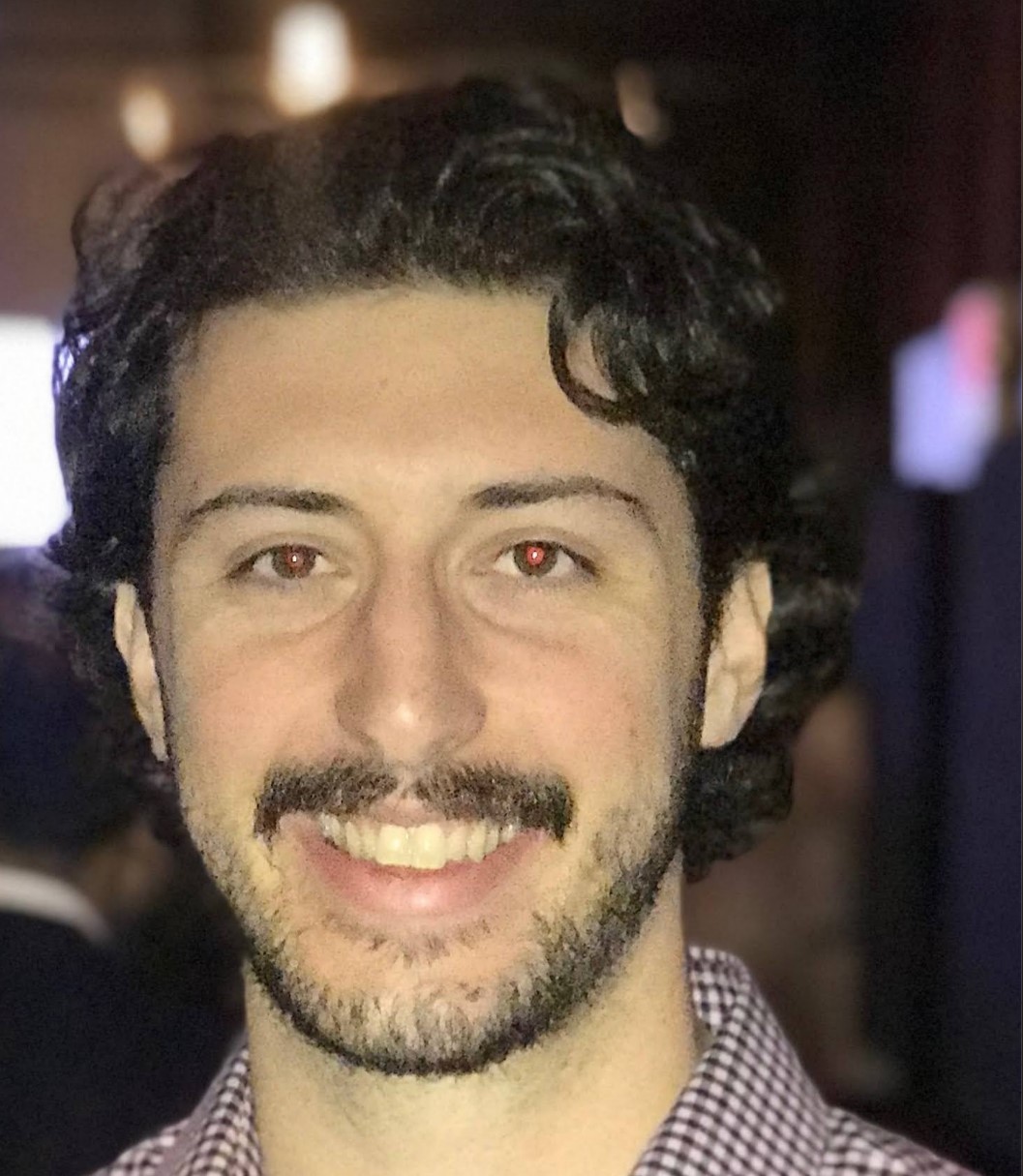
Kyle Beyer
Department of Nuclear Engineering and Radiological Sciences,
University of Michigan
email: beykyle@umich.edu

Moses Chan
Assistant Professor of Instruction
Department of Industrial Engineering and Management Sciences,
Northwestern University
email: moses.chan@northwestern.edu
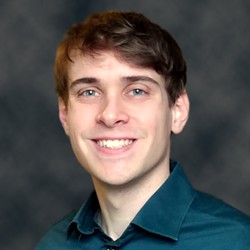
Kyle Godbey
Research Assistant Professor
Facility for Rare Isotope Beams,
Michigan State University
email: godbey@frib.msu.edu

Sunil Jaiswal
Postdoctoral Research Associate
Department of Physics,
The Ohio State University
email: jaiswal.61@osu.edu
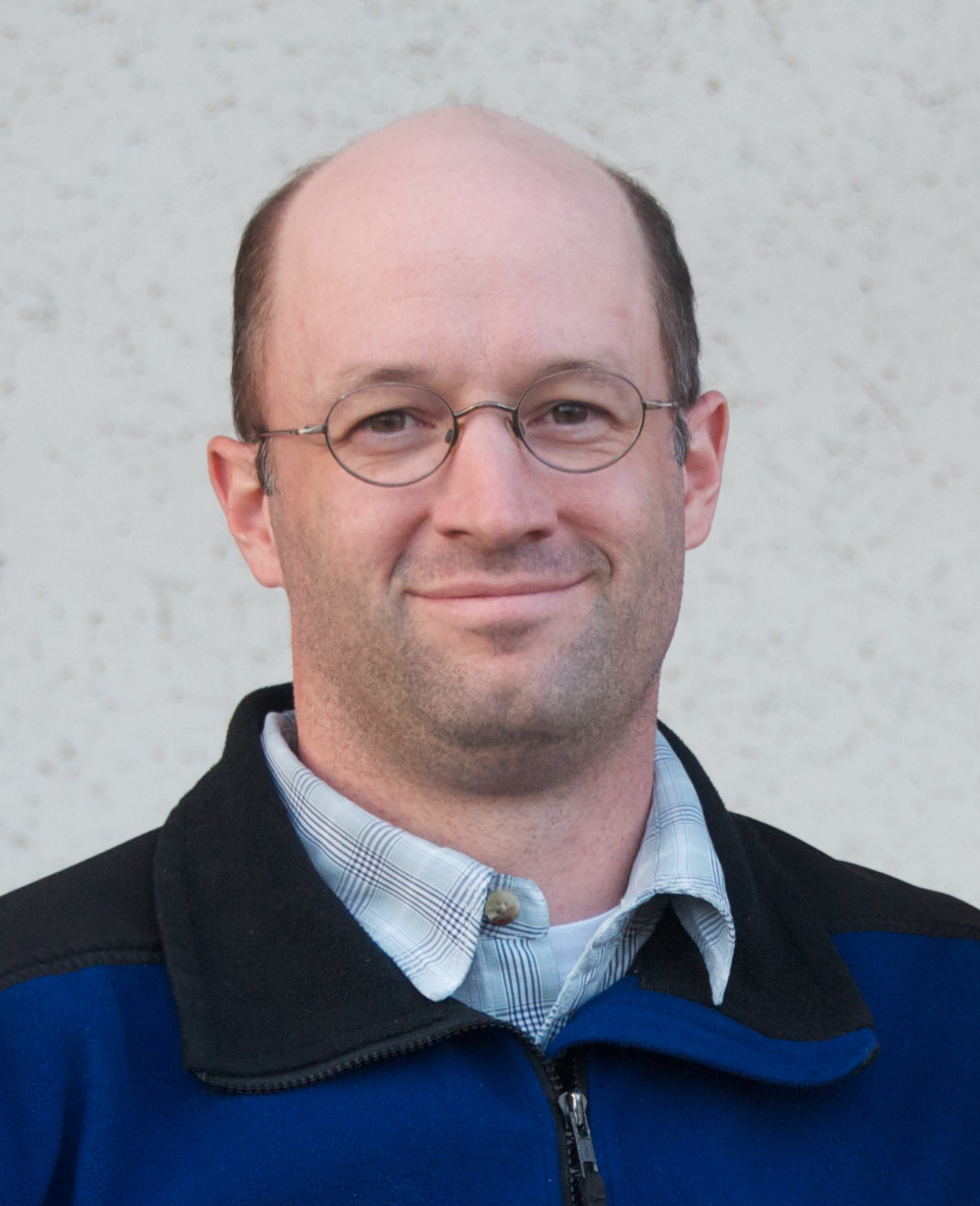
Jared O’Neal
Principal Scientific Software Developer
Mathematics and Computer Science Division
Argonne National Laboratory
email: joneal@anl.gov
Graduate Students
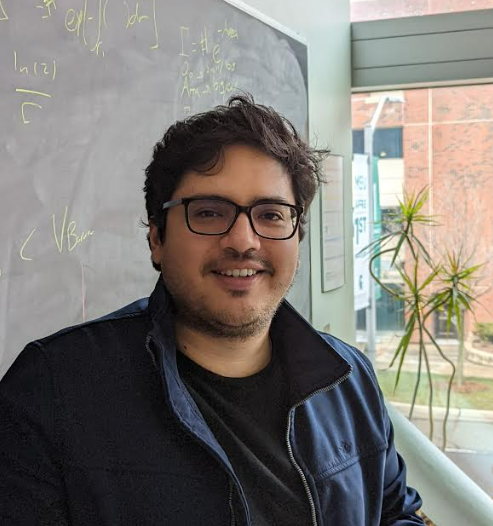
Manuel Catacora-Rios
Department of Physics & Astronomy and FRIB,
Michigan State University
email: catacora@frib.msu.edu
Graduate Student Alumni

Moses Chan
Industrial Engineering & Management Sciences,
Northwestern University
email: mosesyhc@u.northwestern.edu
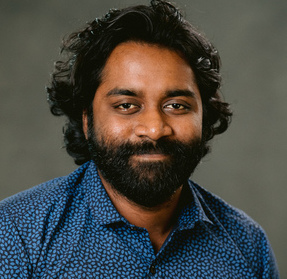
Dananjaya Liyanage
Machine Learning Scientist,
Global Analytics and Data Science,
PayPal
email: liyanagedananjaya@gmail.com
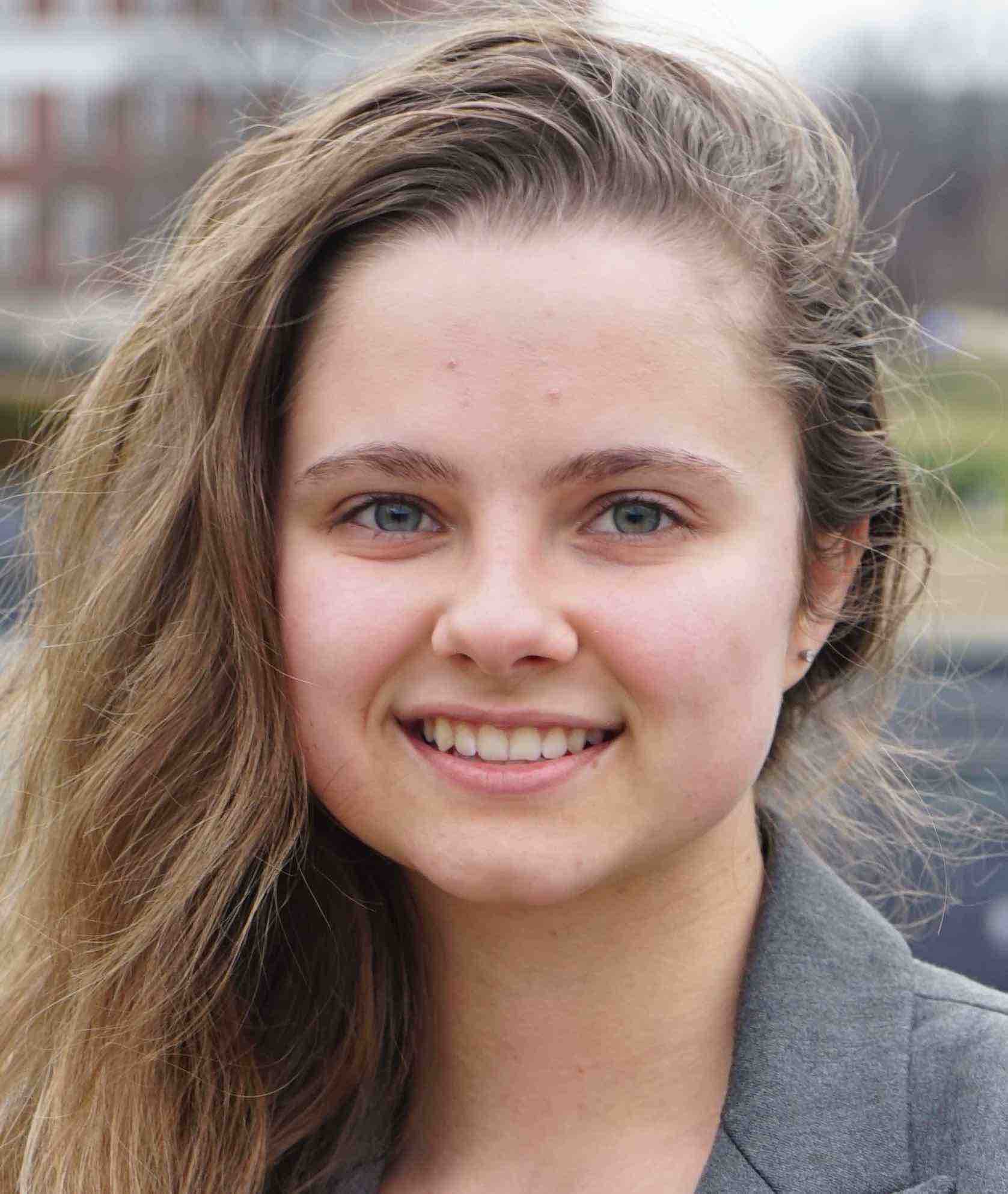
Karina Martirosova
Department of Physics and Facility for Rare Isotope Beams,
Michigan State University
email: martiros@frib.msu.edu

Michael Quiñonez
Department of Physics and Facility for Rare Isotope Beams,
Michigan State University
email: quinonez@nscl.msu.edu
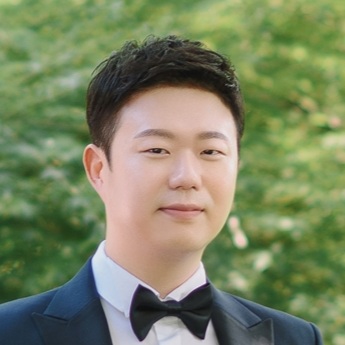
Mookyong Son
Department of Statistics and Probability and FRIB,
Michigan State University
email: sonmooky@msu.edu
Undergraduate Students
BAND Collaborators
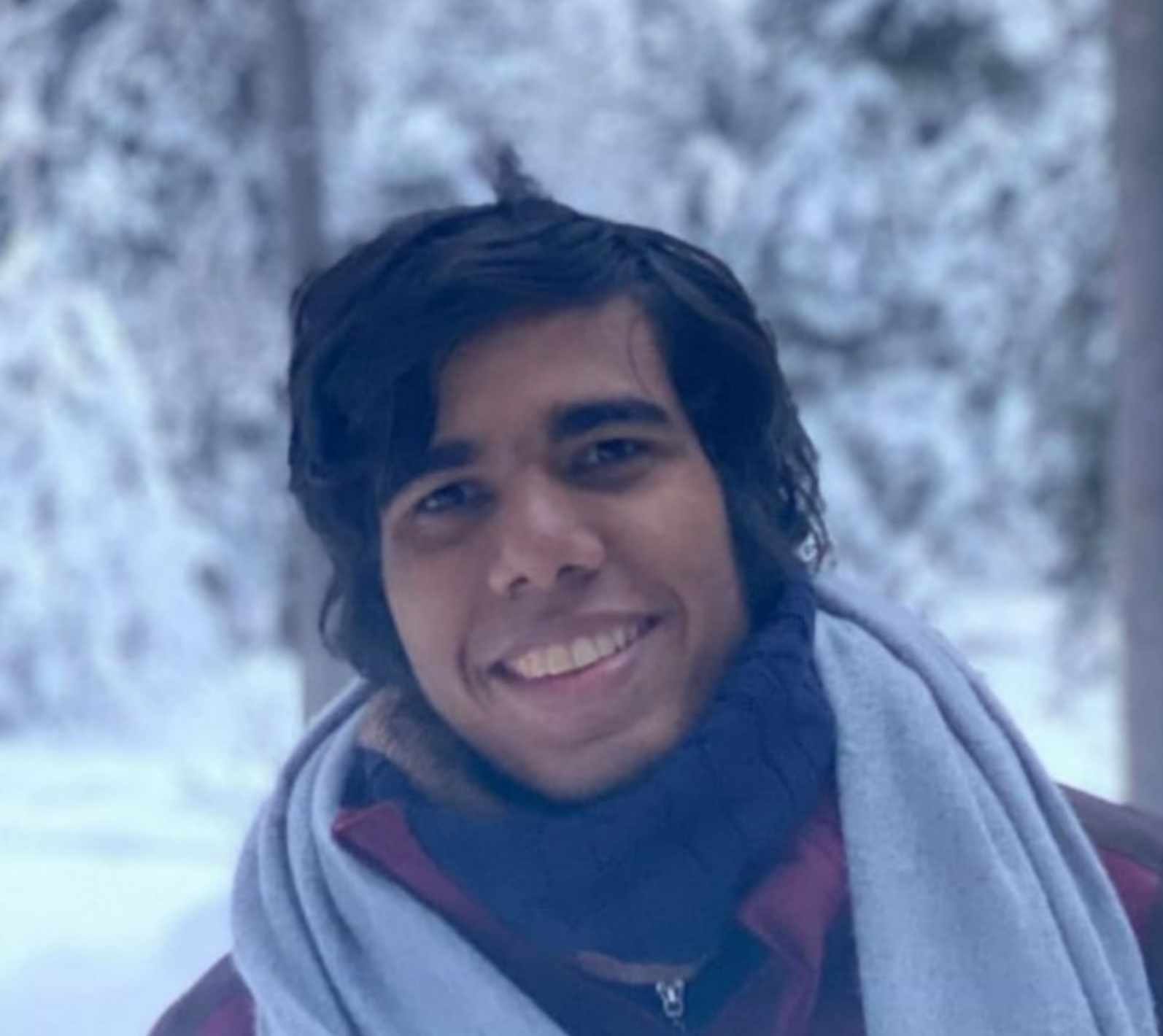
Edgard Bonilla
Postdoctoral Scholar,
Department of Applied Physics,
Stanford University
email: edgard@stanford.edu

Pablo Giuliani
Postdoctoral Research Associate
Department of Statistics and Probability, and Facility for Rare Isotope Beams,
Michigan State University
email: giulia27@msu.edu
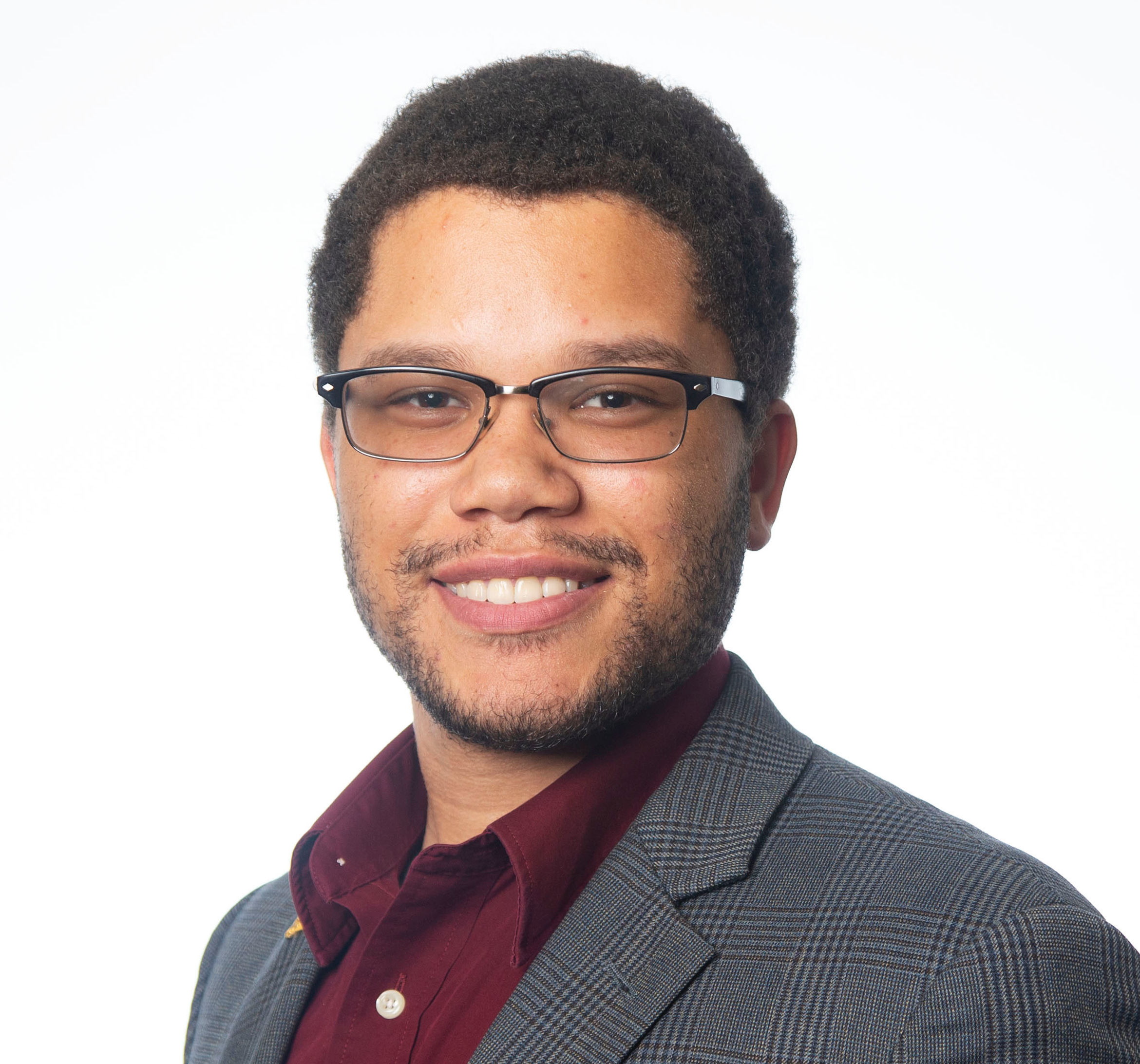
Kevin Ingles
Physics Department,
University of Illinois, Urbana-Champaign
email: kingles@illinois.edu

Vojta Kejzlar
Machine Learning Validation Data Scientist - Perception,
Zoox
email: vkejzlar@skidmore.edu

Dananjaya Liyanage
Machine Learning Scientist,
Global Analytics and Data Science,
PayPal
email: liyanagedananjaya@gmail.com
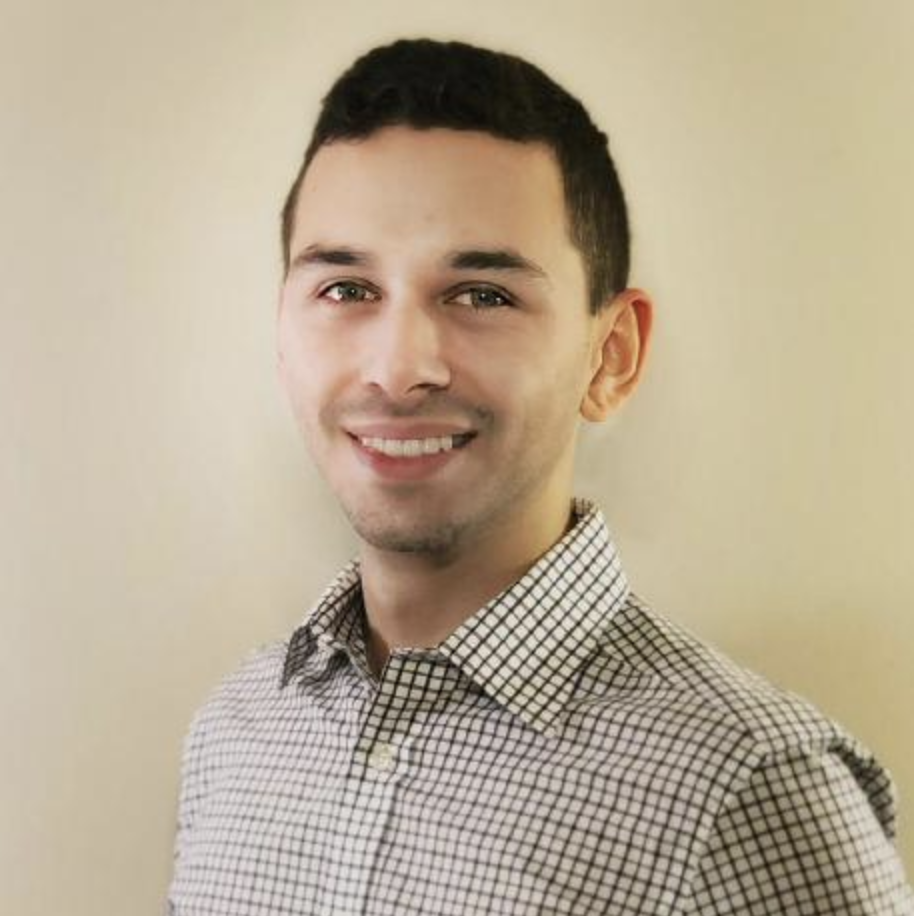
Jordan Melendez
Data Scientist,
Root Insurance
Visiting Fellow,
The Ohio State University
email: melendez.27@osu.edu
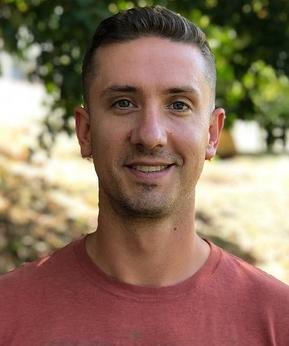
Daniel Odell
Data Scientist,
Advanced Modeling and Simulation,
Savannah River National Laboratory
email: daniel.odell@srnl.doe.gov
Advisory Board
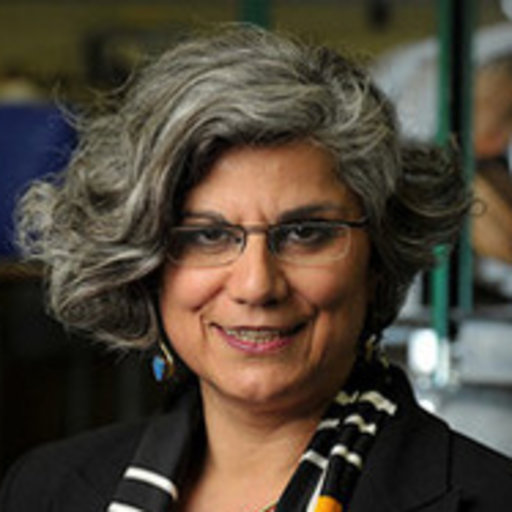
Ani Aprahamian
Professor Aprahamian’s research focuses on the evolution of nuclear structure and the impact of various structure effects on stellar and explosive astrophysical processes. She has over 235 invited talks at various National and International Conferences and over 200 publications in refereed journals, book chapters, etc. She is active in numerous international and national advisory committees in nuclear science. She is the JINA representative to the Extreme Matter Institute: Helmholtz Center of Excellence at GSI in Germany. She has served as chair of the scientific council at GANIL in France and as a reviewer for the Institute of Physics in the UK.
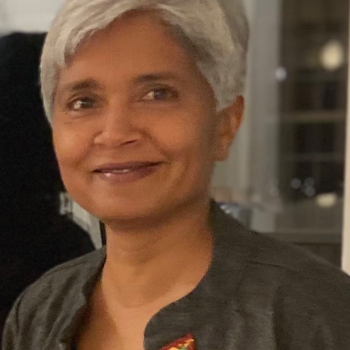
Anshu Dubey
Anshu Dubey is a Senior Computational Scientist at Argonne National Laboratory with extensive experience in design, architecture and sustainability of multiphysics scientific software used on high performance computing platforms. Her contributions in the area of software engineering for research scientific software are widely known and respected. She has been the chief software architect for FLASH, a multiphysics multicomponent software that is used by several science domains including astrophysics, cosmology, solar physics, bio-mechanical systems, computational fluid dynamics and laser plasma experiments. She continues to lead the development of Flash-X, a new version of the code designed for heterogeneous architectures. She serves on scientific advisory of the National High-Performance Computing Alliance, Germany. She has also served as the lead for Earth and Space Science Applications in the Exascale Computing Project.
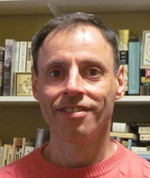
Jon Engel
Jon Engel is the Matthew Mason/Phi Delta Theta Distinguished Professor of Physics & Astronomy at the University of North Carolina. His research is in nuclear theory and its application to problems of fundamental importance in particle physics and astrophysics. Topics in this interdisciplinary line of research include double beta decay (and the mass of the neutrino); CP violation in nuclei; Nucleosynthesis in stars and supernovae; Neutrino scattering and the weak interaction in nuclei. He is the author of over 400 publications in refereed journals and is a Fellow of the American Physical Society.
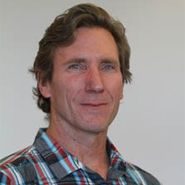
Dave Higdon
David M. Higdon is a professor in the Social Decision Analytics Laboratory at the Biocomplexity Institute of Virginia Tech. Previously, he spent 10 years as a scientist or group leader of the Statistical Sciences Group at Los Alamos National Laboratory. He is an expert in Bayesian statistical modeling of environmental and physical systems, combining physical observations with computer simulation models for prediction and inference. Dr. Higdon has served on several advisory groups concerned with statistical modeling and uncertainty quantification and co-chaired the NRC Committee on Mathematical Foundations of Validation, Verification, and Uncertainty Quantification. He is a fellow of the American Statistical Association.
BAND Alumni

Taps Maiti
Taps Maiti was a founding BAND Member as Professor of Statistics & Probability at Michigan State University. His research expertise is in statistical theory and methods with a focus on applications to real-life data.
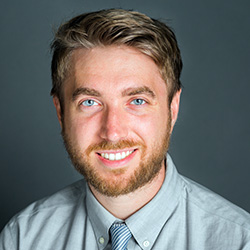
Matt Plumlee
Matt Plumlee was a founding BAND Member in IEMS at Northwestern University. More recently he is a Principal Applied Scientist at Amazon.
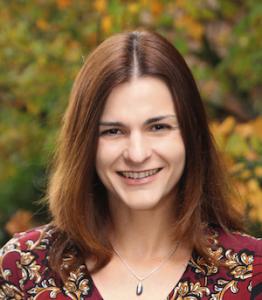
Boyana Norris
While at the University of Oregon, Boyana Norris served on BAND’s advisory board. More recently she is Senior Staff Software Engineer at Luminous Computing and Tsavorite Scalable Intelligence.
